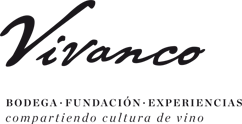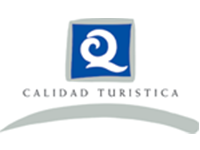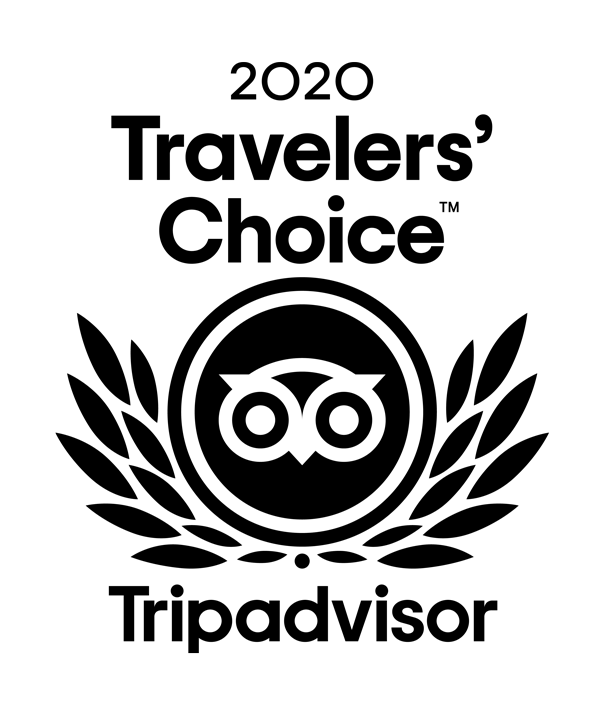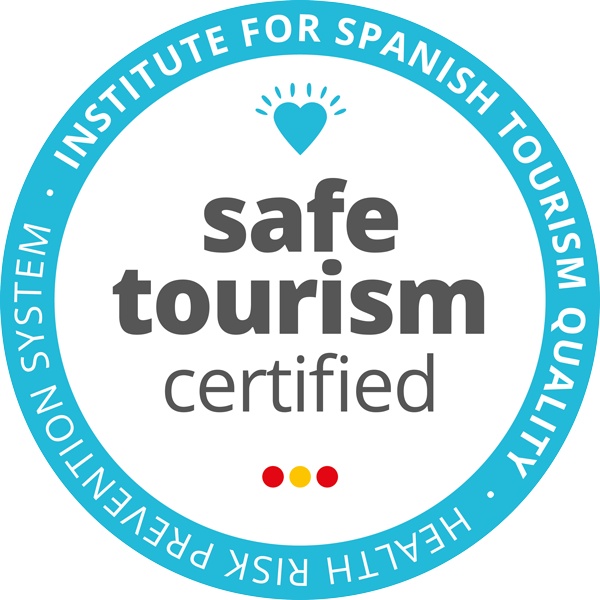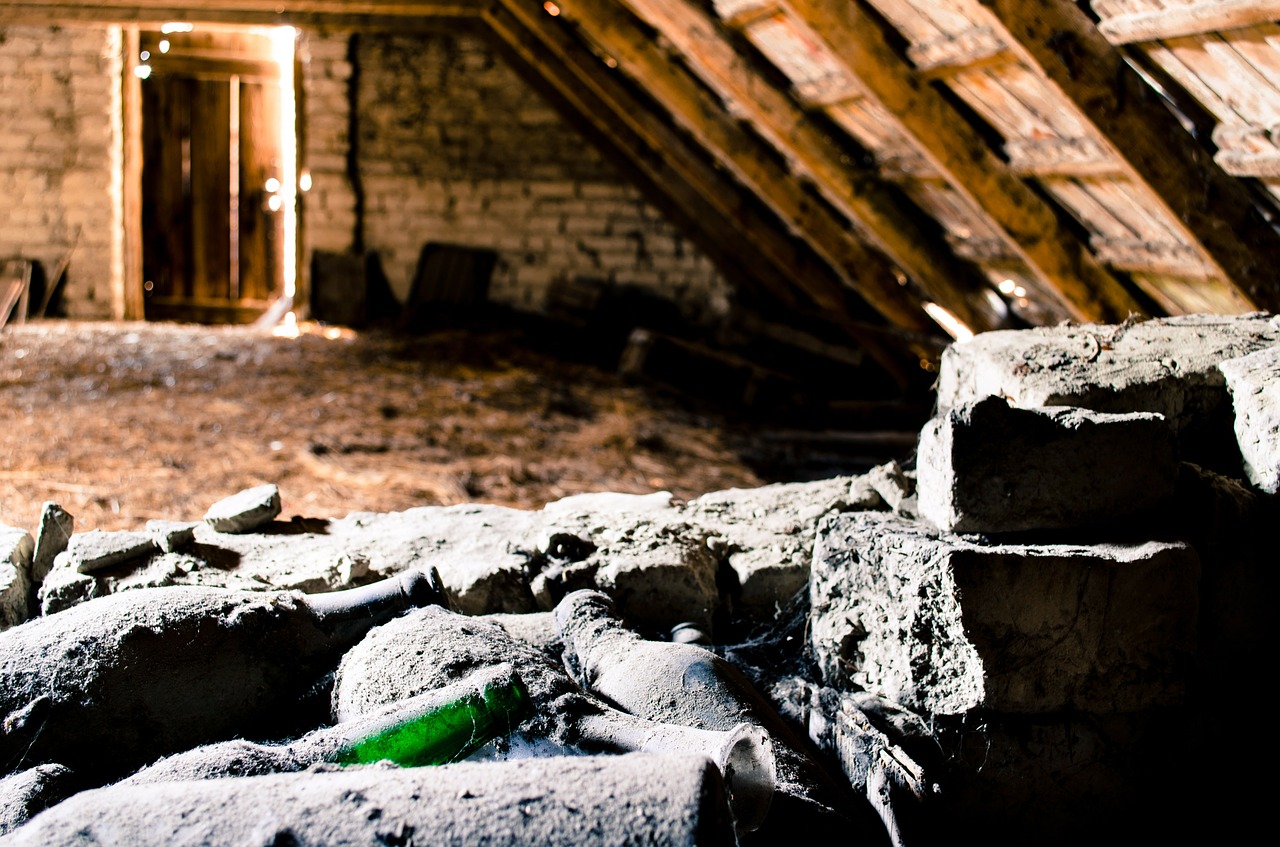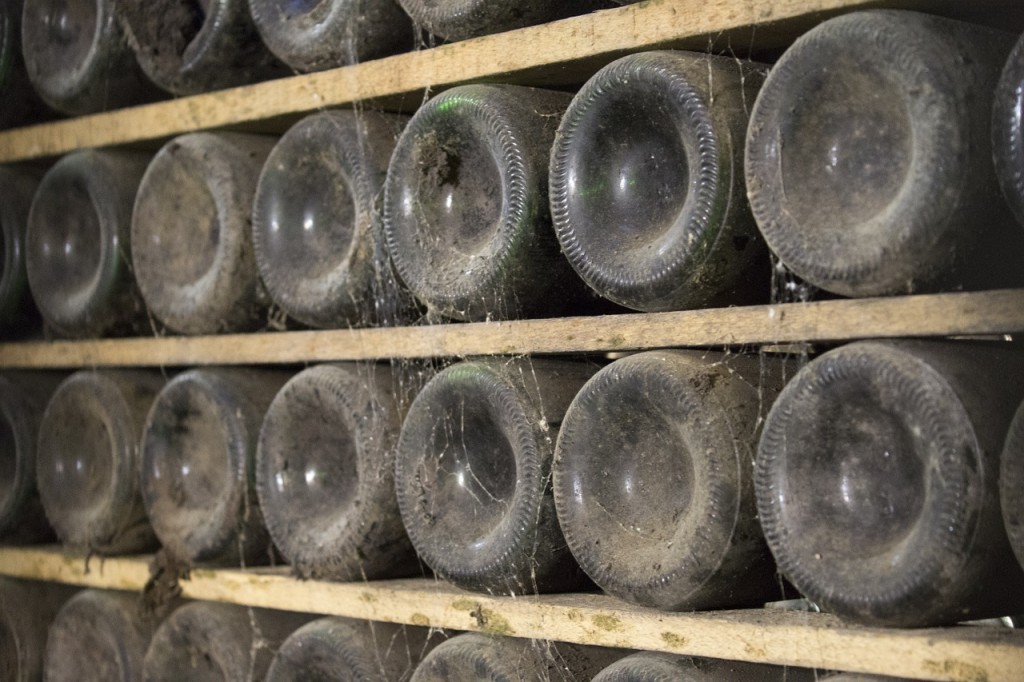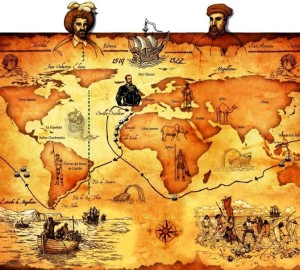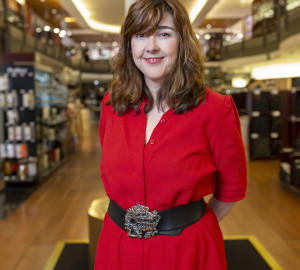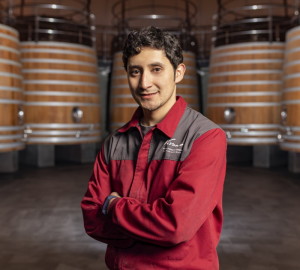Following the defeat of the Allied armies in the Battle of France, the Germans and French signed an armistice on 22 June 1940. From then on, France was divided: the north and west were occupied by the German army, Alsace and Lorraine were annexed to the Third Reich, and the south was the free zone. The latter, also called Vichy France, had autonomy, as long as it did not interfere with Hitler's plans, and was under the command of Marshal Philippe Pétain. And as has always been the case in all wars, the occupation of a territory entails spoliation. Artistic and cultural heritage, public and private property and raw materials are destroyed and plundered, either to annihilate national identity or symbolism, to the delight of the victors or simply to be sold. And that is what happened in France... with wine.
After the invasion of France, the Germans were ordered to seize French wines and send them to Berlin, either for direct consumption or for sale on the international market to help pay for the cost of the war. Naturally, French producers tried to protect their wines: cellars were walled up, bottles were buried and some were even sunk in ponds and reservoirs, all to protect a national symbol and a very important product for their economy. To ensure the steady flow of wine to be shipped to Germany, Hitler organised a team of supervisors, called weinführers, to manage the seizure and shipment from the main wine-producing regions. Some of these weinführers were Heinz Bomers in Bordeaux, Otto Klaebisch in Champagne or Adolphe Segnitz in Burgundy.
The relationship between French producers and German supervisors depended on the latter's relationship with the world of wine. Some weinführers, simple civil servants in the service of the Third Reich or Wehrmacht officers, simply ensured that orders were fulfilled punctually. With others, such as Otto Klaebisch, an expert and wine lover, it was possible to reach agreements so that part of the production could be diverted to the French market and even to obtain for the winegrowers, in times of shortage, what was necessary to maintain the quality of the wines and the preservation of the vineyards. Or the case of Heinz Bomers, who at the end of the war wrote to Baron Philippe de Rothschild asking him if he could represent Mouton-Rothschild wines in Germany. The Baron replied:
Yes, aren't we building a new Europe?
It is also true that if the weinführers were wine experts, it was much more difficult to cheat them by changing the wine labels or "ageing" the bottles by dirtying them with dust, as they used to taste the wines they sent to Berlin.
Naturally, the wine producers were in contact with the French resistance to try to sabotage the shipments, and although the issue of sabotage was a difficult one, it served to uncover a connection between the extraordinary shipments of wine and, above all, champagne to a particular part of Europe or Africa with significant military offensives by the Germans. In early 1941, when an unusual order was received for the quantity and special packaging of the bottles to be sent to "a very warm place", alarm bells went off... it was North Africa, where General Rommel was about to begin his campaign at the head of the Africa Korps. The Resistance passed the information to British intelligence.
